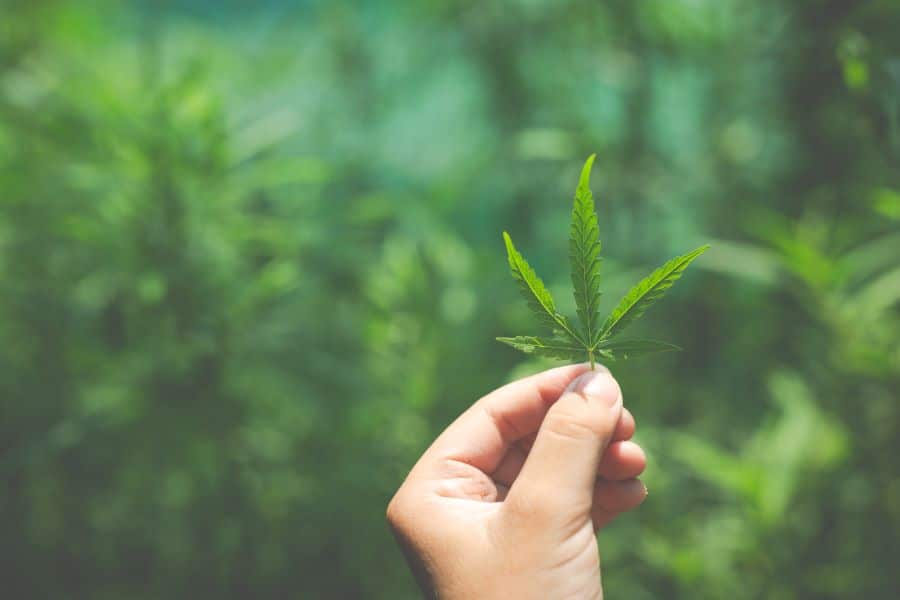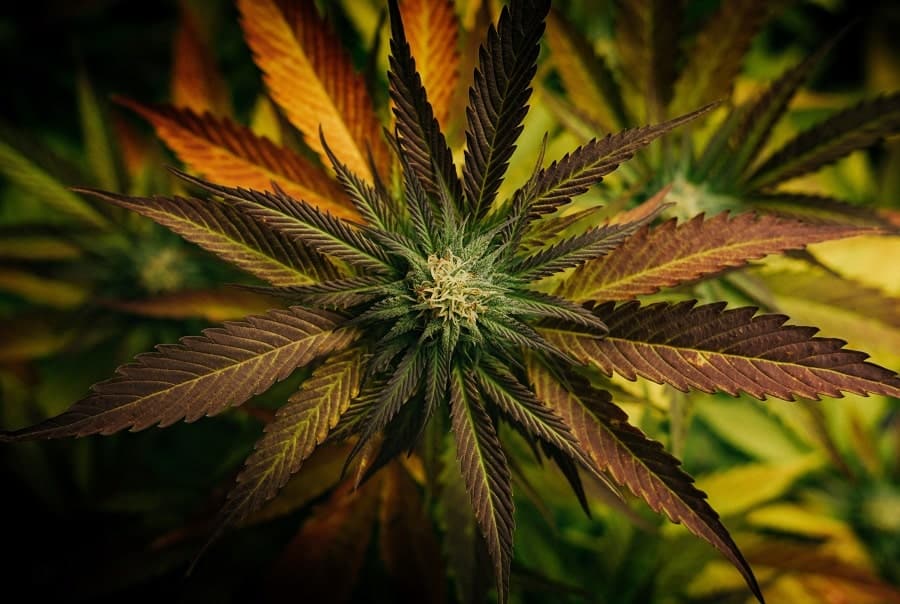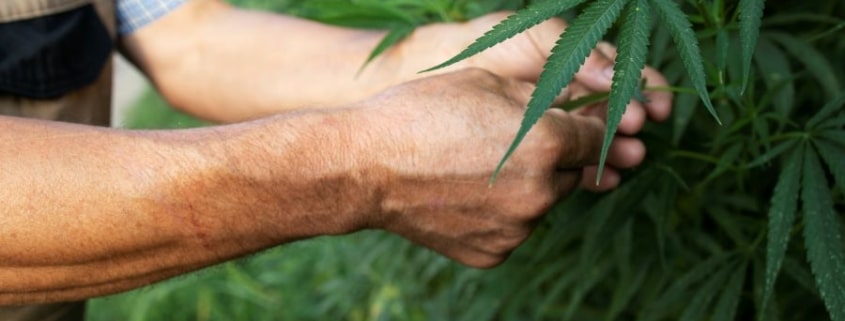What is THCv: Thcv vs Thc
Most cannabis enthusiasts understand that there are lots of different cannabinoids that make up the cannabis plant, from CBD to THC. However, there are some lesser-known cannabinoids you may not be familiar with, like THCV. What is THCV? What is THCV good for and is THCV psychoactive? Find out all you need to know in the guide below.
What is THCV – Tetrahydrocannabivarin
So, what is THCV? THCV, also known by its full name of tetrahydrocannabivarin, is a cannabinoid, just like CBD, THC, CBG, and so on. And, like other cannabinoids, tetrahydrocannabivarin has a range of unique effects on the human body after consumption, like the ability to reduce a person’s appetite.
From a chemical standpoint, THCV is very closely connected to THC, but it has a propyl group attached instead of a pentyl group. Due to their ability to interact with endocannabinoid receptors, both these cannabinoids are able to produce psychoactive effects.
THCV is classed as one of the more minor cannabinoids when compared to the likes of THC and CBD. Nevertheless, it remains an important cannabinoid to be familiar with.

THCV Benefits: What Is THCV Good for
Given that THCV is a minor cannabinoid, it hasn’t been researched or studies as extensively as THC or other major cannabinoids. However, limited studies have shown some interesting potential effects and benefits. So, if you’re wondering what is THCV good for, here are some possible advantages:
- Appetite Suppression
Even though cannabis has often been linked with an increase in appetite, THCV has the opposite effect. Studies show that it can help to suppress a person’s appetite, making them feel less hungry, which could aid those who are trying to lose weight or those with certain eating disorders.
- Health Conditions
Studies have also shown preliminary evidence to suggest that THCV may be of use in treating various health conditions. It may aid those with diabetes, for example, as well as reducing symptoms like tremors and motor control problems in patients with Alzheimer’s disease. There’s also some research to suggest THCV may limit anxiety attacks in patients with PTSD.
- Bone Growth
There is also some evidence to imply that THCV may be useful for helping with bone growth. Studies say that it can help to trigger the development of brand-new bone cells. The potential medical implications of this could be impressive, and there’s a chance that THCV could be utilized in some way to treat those with weak or brittle bones.

What Is THCV vs THC?
In terms of chemical structure, THC and THCV are very similar. There’s only a minor difference between them: THCV has a propyl side group, while THC has a pentyl group. Propyl groups have three carbons, while pentyl groups have five. So, on a microscopic level, there’s only a couple of atoms’ worth of difference between the two cannabinoids.
In addition, THC and THCV have other similarities. They’re both capable of interacting with the endocannabinoid system, for example, joining with cannabinoid receptors in the central nervous system to trigger certain effects. They’re also both capable of producing intoxicating effects, and some of the effects of THC are similar to the effects of THCV.
However, if we look deeper at the functions and benefits of THC and THCV, there are also some major differences. They come from totally different parent molecules, for example, and have different effects when consumed in varying doses. Plus, even though they’re both psychoactive, THCV doesn’t get people high in the same way as THC.
Not only that, but THC is famed for increasing a user’s appetite, making them feel hungrier and more likely to eat snacks. In contrast, THCV has appetite-suppressing effects and is often associated with the concept of “diet weed”, which can help people lose weight by reducing their need to snack.
Where to Find THCV?
So, if you want to experience the unique effects of THCV for yourself, where can you get hold of it? Well, your local Torrance cannabis dispensary is a good place to get started, and you can contact us for further details. But, in general, here are some of the main techniques to help you find THCV with ease:
- Ask about parent genetics – A good way to get started is to speak with vendors about the parent genetics of a strain or plant. This can help you learn more about which cannabinoids are present, including THCV.
- Test results or a Certificate of Analysis – To be absolutely sure of buying a strain that has THCV in it, get it tested. You can request lab-tested strains from your vendor and view the results on a Certificate of Analysis to get a full view of the contents.
- Look for African sativas – THCV tends to be found most commonly in African-origin sativa strains, like Durban Poison, for example. Try to focus on these strains if you want to experience THCV’s effects.
So, if you were wondering what THCV was or had questions like “Is THCV psychoactive?” we hope that this guide has satisfied your curiosity and covered all you need to know. As you can see, THCV is an interesting cannabinoid that could have a lot to offer in the future, but more thorough research is required to figure out how it works and what it can do.





